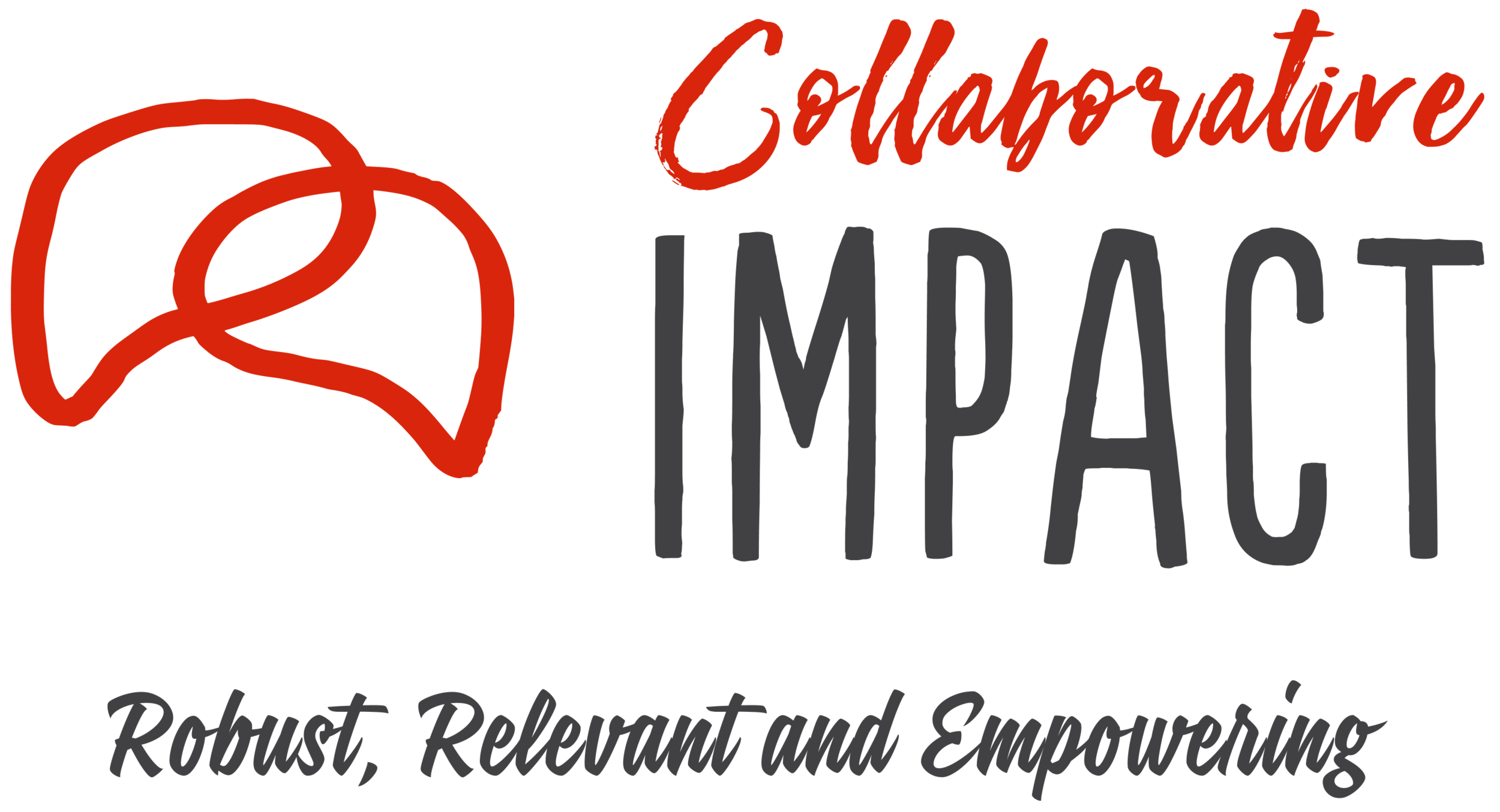TOWARDS A COLLABORATIVE APPROACH FOR COMPREHENSIVE EFFECTIVE VACCINATION MANAGEMENT
Design and facilitation of a collaborative learning and improvement planning approach to strengthen national vaccine supply chains with UNICEF and WHO
Clients
United Nations International Children's Emergency Fund (UNICEF),
World Health Organisation (WHO)
Period
2015 - 2017
Services
Innovation Capacity,
Partnership
Locations
Nigeria, Pakistan, Laos, South Asia, Global
Sectors
Universal Health & Immunisation
Between 2015 and 2017, Collaborative Impact supported its longstanding partner, Matter Group, in developing and facilitating a collaborative approach to comprehensive Effective Vaccination Management (cEVM) aimed at enhancing children’s universal access to routine vaccination.
In 2015, UNICEF and WHO together launched a concerted effort to improve Member States’ vaccine supply chain systems and increase vaccine availability and immunisation coverage to achieve the Expanded Programme on Immunisation (EPI) goal of universal access to essential childhood vaccines (such as measles, polio, diphtheria, tetanus, pertussis, and others). The focus was on redesigning the systems and incorporating mechanisms for continuous improvement of the supply chains through a comprehensive Effective Vaccination Management (cEVM) that acknowledges the interdependence between Immunisation Supply Chain (iSC) systems and health ecosystems.
Matter Group (at the time a member of The Value Web) was asked by UNICEF and WHO to design and facilitate learning and improvement planning events with EPI managers, health professionals, and other GAVI partners in three countries (Nigeria, Pakistan, Laos), two regions (South Asia, and Middle East and North Africa), and globally. This involved three- to five-day workshops engaging between 25 (in Laos) and 230 (in Nigeria) participants, aimed at introducing a collaborative approach to cEVM.
Collaborative Impact colleagues played a crucial role in the development of the approach.
They served as knowledge and learning experts, methodological advisors, and co-facilitators in the three pilot countries, the South Asia Region, and globally.
They spearheaded the approach in Pakistan, supporting a series of national and provincial workshops that engaged nearly 100 participants.
Coached by Matter Group, they also orchestrated the four-day national improvement planning workshop in Nigeria with over 230 participants from the 36 States and Federal Capital Territory, which resulted in 37 state/territory-level improvement plans.
Notably, the approach was found to be highly successful in Nigeria, evident in the high levels of participation, sense of ownership, shared understanding, and confidence in the States’ ability to drive improvement, as confirmed by the evaluation findings detailed in the report. The innovative nature of the approach marked a groundbreaking milestone in Nigeria, surpassing all initial expectations.





